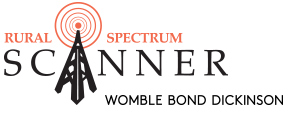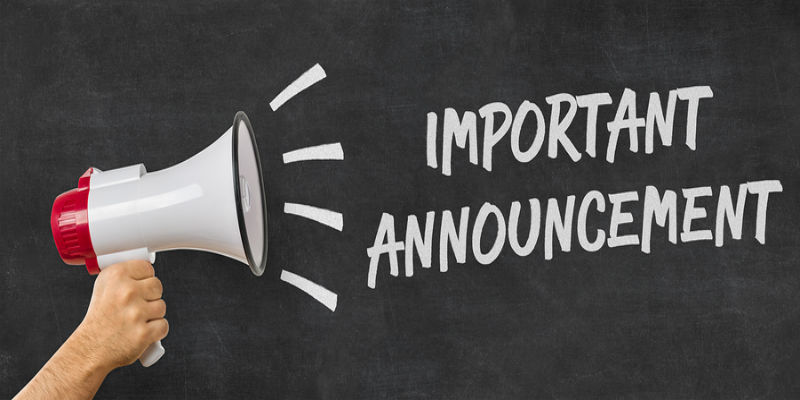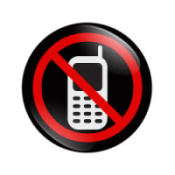The Federal Communications Commission’s Rural Broadband Auctions Task Force (Task Force), in conjunction with the Wireline Competition Bureau and the Wireless Telecommunications Bureau (Bureaus), has released further requirements for the handsets that mobile wireless providers in the Mobility Fund Phase II (MF-II) challenge process must designate for challengers to use when conducting speed tests in areas deemed presumptively ineligible for MF-II support. As part of the new, one-time data collection, each mobile wireless provider with qualified 4G LTE coverage is required to identify at least three readily-available handset models appropriate for testing its coverage, at least one of which must be compatible with industry-standard drive test software. In addition, the Commission will require each provider to identify in its filing at least one device that is either: (a) officially supported by the latest versions of industry-standard drive test software, such as JDSU, ZK-SAM, Rohde & Schwartz, or TEMS; or (b) engineering-capable and able to be unlocked and put into diagnostic mode to interface with drive test software. Further, at least one of the three specified devices must run the Android operating system.
The Public Notice also includes procedures for challengers to request access to the Universal Service Administrative Company (USAC) challenge process portal. In order to ensure that the correct contacts are provided access to the USAC portal, rather than creating certain user accounts automatically, the FCC will require any eligible service provider wishing to participate in the challenge process to provide to the Commission, via web-based form, the legal name of the entity, its FCC Registration Number (FRN), and the name(s) and email address(es) of the user(s) (up to a maximum of three users) that should be granted access to the portal. The web page address and date by which to submit this contact information will be announced in a subsequent public notice.








